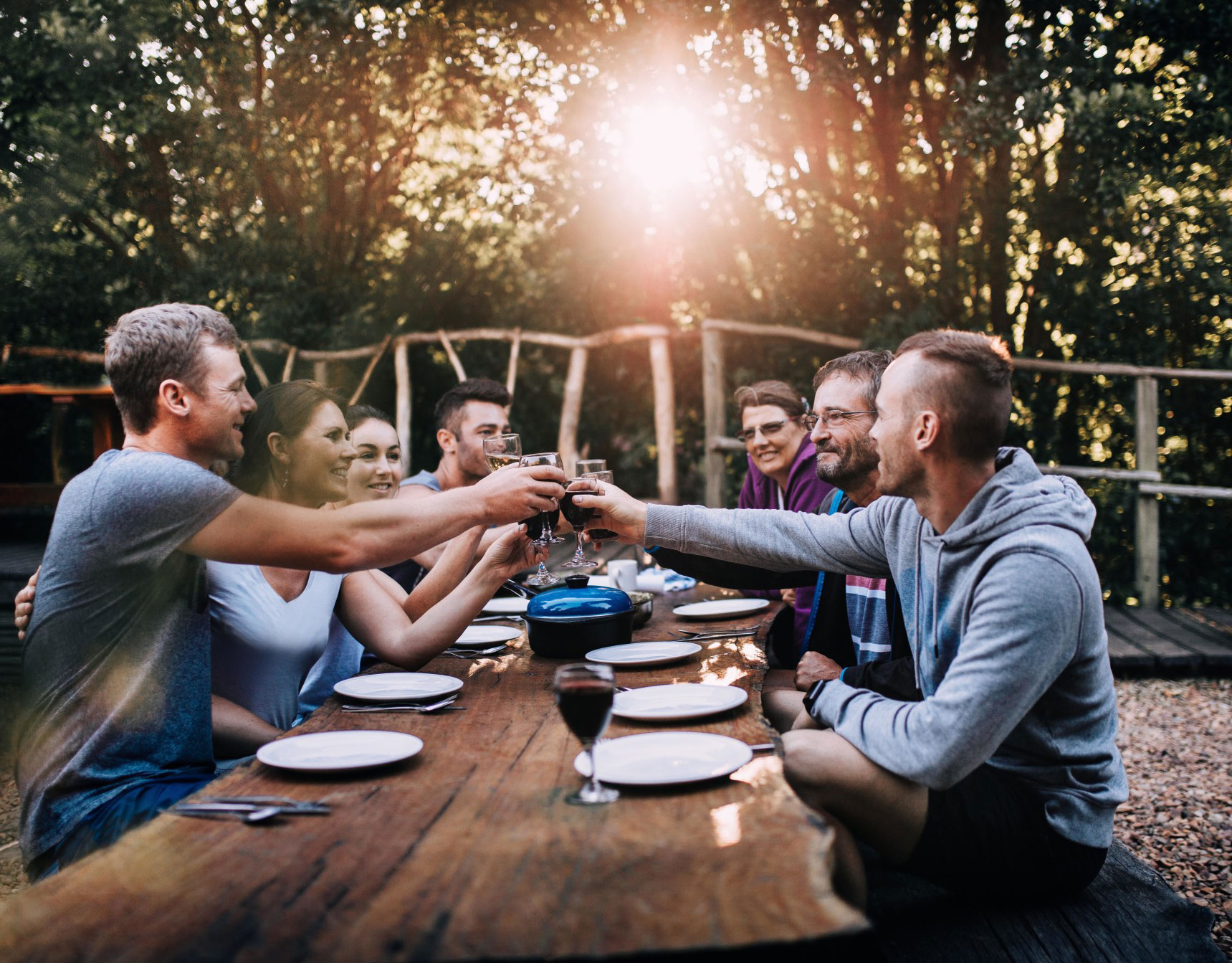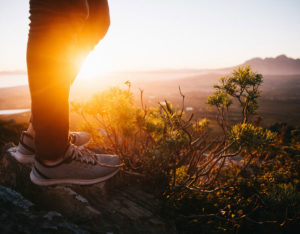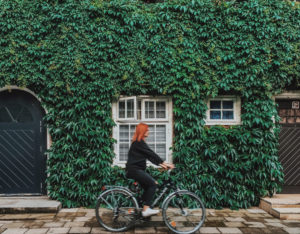For those who grew up around Reefer Madness, it can be almost incomprehensible that cannabis is now legal for adult recreational use in 10 states (plus DC), and as medication in 33 states. But here we are, with legal cannabis bringing in more than $10 billion in 2018, and an industry poised to grow even bigger in the coming years. For some, cannabis—both THC and CBD—can be a life-changing medication. But for those who were raised on a diet of stigma and shame surrounding the plant, it can be difficult to know how to discuss it.
Thankfully, as cannabis is legalized across the country, it has become a little easier to have these tricky talks with our parents or grandparents—folks who may have mixed feelings (but who could also potentially benefit from the plant). Cannabis use is much more common these days, both in usage and overall acceptance. A recent study showed that 22.2 million Americans 12 years of age and older report current cannabis use and more than 60 percent of people approve of federally legalizing the plant. Despite these promising stats, it can still feel strange to talk about it with an older friend or family member. It shouldn’t have to be.
Here are some suggestions for how to broach the topic when it comes to talking with older people about cannabis.
1. Don’t make assumptions.
Just because they’re older, don’t assume someone doesn’t know anything about cannabis, or that they’ve never tried it before. A recent study showed that between 2006 and 2013, cannabis use among the Boomer generation (Americans 50+) increased 70 percent. In fact, according to the study, “the greatest increase in marijuana use was observed among those in the older adult population 50 years or older, and those 65 years or older had the greatest increase in marijuana use among all older users.”
The same study notes that when asked, “most U.S. past-year marijuana users 50 years or older did not perceive marijuana use as a great risk; more than 75 percent of adults perceived a slight risk or no risk in smoking marijuana once or twice a week.”
“Not all 60-plus-year-olds are created equal,” says Aliza Sherman, CEO of Ellementa and author of Cannabis and CBD for Health and Wellness: An Essential Guide for Using Nature’s Medicine to Relieve Stress, Anxiety, Chronic Pain, Inflammation, and More. “Many may have had experience with cannabis, but it was a different plant decades ago with the constant threat of being caught and punished or jailed.”
Before launching into a dissertation on the potential benefits of cannabis, find out where this person stands in terms of both experience and prior knowledge.
2. Start slow.
A common suggestion when it comes to figuring out the right serving size for somebody’s first use is to “go slow.” The same goes for sharing cannabis-related information. From seed to sale there is a plethora of information available, but too much too soon can be overwhelming. Avoid technical terms, industry jargon and be ready to answer questions that may seem basic or misinformed.
“Be careful not to suggest taking cannabis when they are on many other medications unless they seek medical guidance to check if there are any contraindications,” Sherman explains. “Cannabis can help many people get off of many pharmaceuticals but should not be used in lieu of prescribed medications without checking with a doctor first.”
3. Go natural.
Because cannabis is a plant (versus a drug created in a lab), one of the easiest ways to help older folks relate is by using examples of other natural alternatives used for health and wellness.
For example, “Cannabis has phytocannabinoids, or plant-based chemical compounds, that affect our body… but so does chocolate and pepper and the immune booster echinacea,” Sherman says. “Citrus fruits have limonene, and so does cannabis. Lavender has linalool and so does cannabis. Mangoes have myrcene and so does cannabis.”
The cannabis plant has been around for ages, and this fact can help the conversation. The plant has been used for a variety of things, such as rope, fabric, salves, edibles and more.
4. Break down dangerous myths.
Sherman explains that the one myth she tries to bust is that THC will always get you high. That stoner stereotype grew out of a very limited understanding of cannabis, so use this conversation to expand on it.
“A very small amount of THC—a microdose (usually less than 10 mg)—can provide powerful medicinal benefits without that feeling of your mind being altered in an uncomfortable way or [with] an exaggerated euphoria,” Sherman says. “A little THC can also boost the beneficial effects of CBD including reducing anxiety and inflammation while CBD, in turn, tempers the high-inducing effects of THC.”
Just like any important conversation, this may not be simply one discussion. Perhaps it might be a series of them over time. Just remember to be available to answer any questions, not make assumptions, and to meet folks where they’re at.




